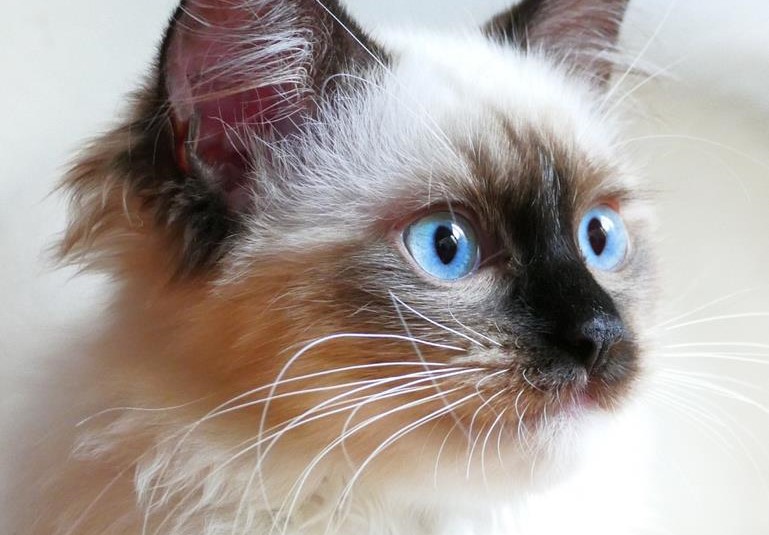Ragdoll cats, renowned for their striking appearance and gentle temperament, are cherished companions in countless households. As cat lovers welcome these delightful felines into their lives, the question often arises: How long do Ragdoll cats live? In this article, we’ll explore the factors that influence the lifespan of Ragdoll cats and provide insights into ensuring a long, happy, and healthy life for these beloved pets.
Understanding Lifespan: The lifespan of any cat, including Ragdolls, is influenced by various factors, including genetics, environment, diet, healthcare, and overall well-being. While there is no fixed number that applies to every Ragdoll cat, understanding the factors that contribute to their lifespan can help cat owners make informed decisions to ensure their pets live their best lives.
Average Lifespan of Ragdoll Cats: On average, Ragdoll cats have a lifespan that ranges from 12 to 15 years. However, with proper care and attention to their health, some Ragdolls have been known to live beyond 15 years, and occasionally even up to 20 years.
Factors That Influence Lifespan:
1. Genetics: The genetic background of a Ragdoll cat plays a significant role in its longevity. Cats with a healthy lineage and minimal genetic predispositions to certain health conditions may have a higher chance of living longer lives.
2. Diet and Nutrition: Providing a balanced and appropriate diet is essential for a Ragdoll’s overall health and longevity. High-quality cat food that meets their nutritional needs supports their immune system and general well-being.
3. Healthcare: Regular veterinary check-ups, vaccinations, and preventive care are crucial for extending a Ragdoll cat’s lifespan. Early detection of health issues can lead to timely interventions and better outcomes.
4. Weight Management: Maintaining a healthy weight is essential for preventing obesity-related health problems that can shorten a cat’s lifespan. Ragdolls, known for their larger size, should be monitored to ensure they remain within a healthy weight range.
5. Dental Care: Dental health contributes to a cat’s overall well-being. Regular teeth brushing and dental check-ups can prevent dental issues that may impact longevity.
6. Indoor Living: Ragdoll cats are generally suited for indoor living, which provides protection from environmental hazards, predators, and accidents that outdoor cats may encounter.
7. Emotional Well-being: Providing an enriching environment that caters to a Ragdoll’s mental and emotional needs contributes to their overall happiness and longevity.
8. Stress Reduction: Minimizing stressors, such as changes in routine, travel, or exposure to loud noises, can contribute to a Ragdoll cat’s well-being and longevity.
Conclusion: While the average lifespan of Ragdoll cats falls within the range of 12 to 15 years, it’s important to remember that each cat is unique. With proper care, attention to their health, and a nurturing environment, Ragdoll cats can lead happy and fulfilling lives that extend well beyond the average. By providing a balanced diet, regular veterinary care, and a loving home, cat owners can help ensure that their Ragdoll companions thrive and enjoy many healthy and happy years together.



